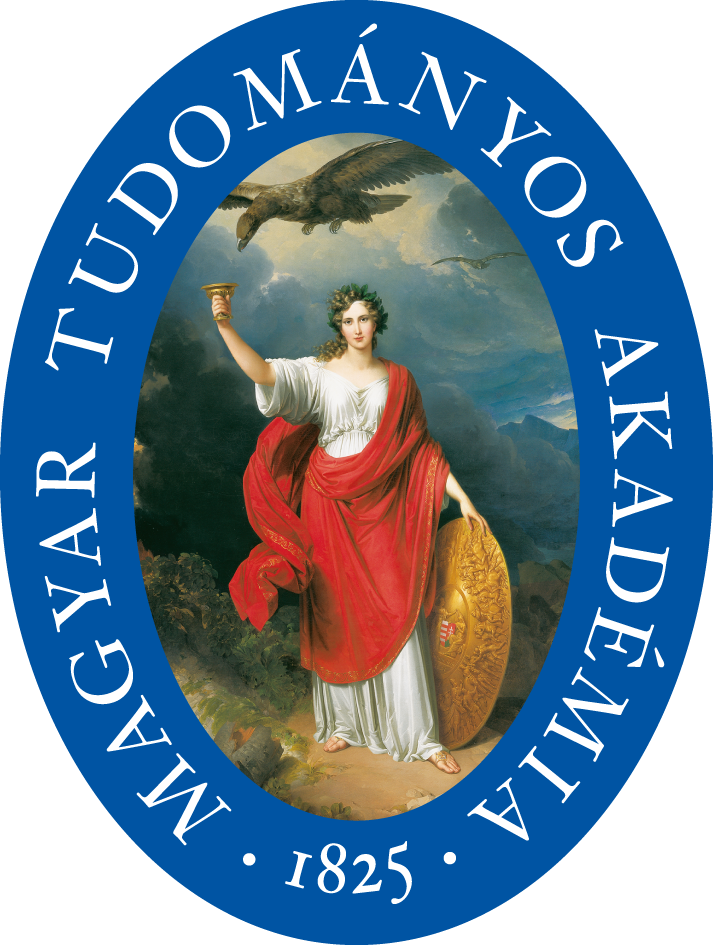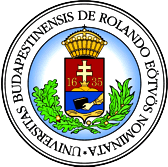The importance of volcanic research is not to be underestimated, as it examines a natural process that has been shaping our planet ever since it was formed, about 4.6 billion years ago, and will continue to have a major impact on the environment and societies. Understanding volcanic eruptions now requires complex thinking, including understanding the mechanisms of volcanic processes, from magma formation through magma processes. The Carpathian-Pannonian region is a natural laboratory in earth science. The same can be said in terms of volcanology. The volcanic eruptions of the past 20 million years show the diversity of this natural process as an open book. The basaltic, andesite-dacitic, and rhyolitic volcanic systems are all extensively studied in this area. The aim of the MTA-ELTE Volcanology Research Group is to build a high-level, internationally integrated scientific workshop, building on the volcanic school of the Department of Petrology and Geology, which has been established for about 20 years and has been operating successfully since then. Contribute to a better understanding of volcanic activity from magma formation to volcanic eruption, and communicate the impact of volcanic eruptions on society. An important objective of the work of the Research Group is to elevate our region to the key areas of volcanology by publishing the results in the Carpathian-Pannonian region. The Research Group wants to give the opportunity for the talented young people in the early stages of their research career to carry out their vulcanological research at home without having to leave their home country. By reinforcing the role of volcanic research in the Hungarian science, the Research Group will establish a close relationship with the research groups and institutes of the Hungarian Academy of Sciences, partly based on previous successful cooperation in other fields.




